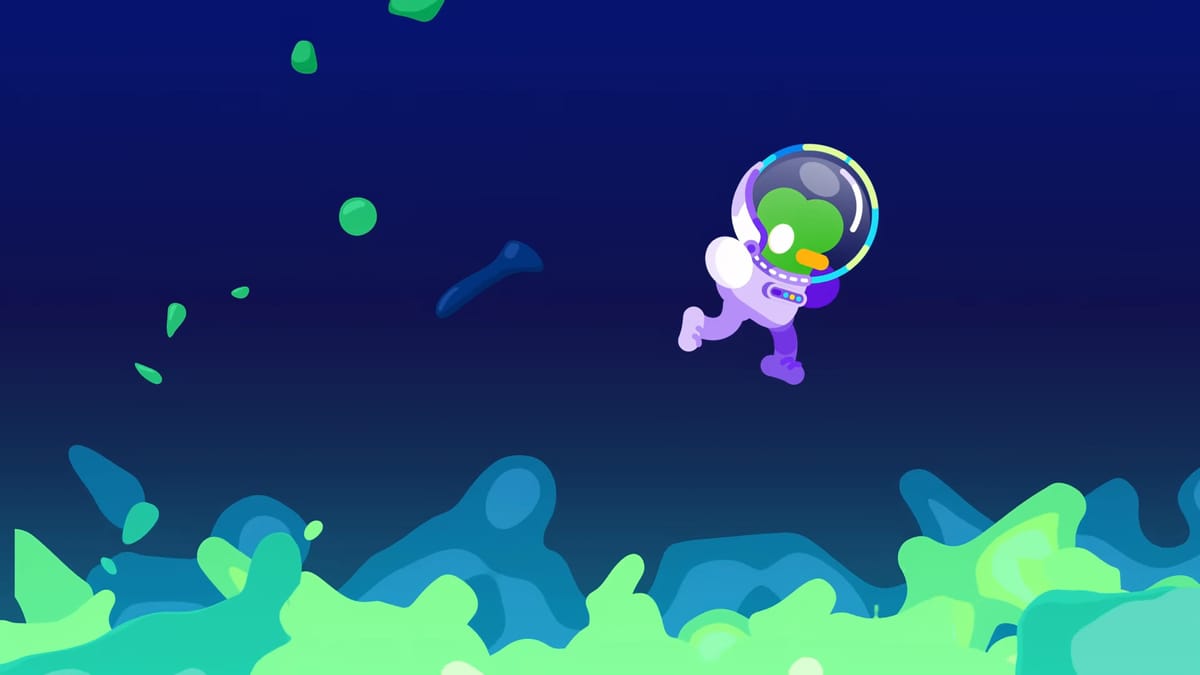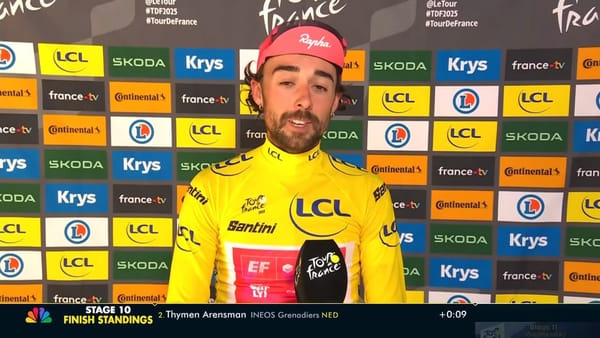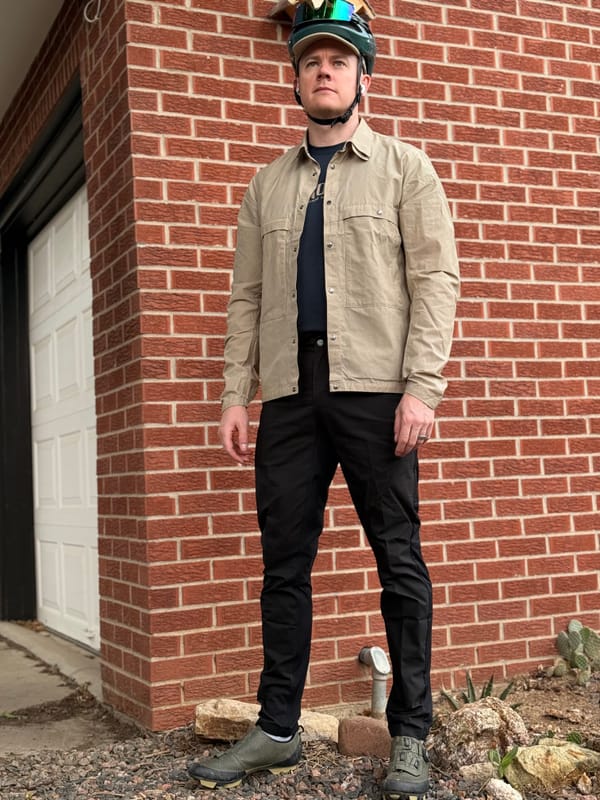Did The Future Already Happen?
Unraveling Time's Mysteries: Insights by Profs. Vázquez-Mozo & Rovelli in Kurzgesagt Video, exploring the block universe and growing block theories.

Exploring the Mysteries of Time: Insights from Professors Miguel Á. Vázquez-Mozo and Carlo Rovelli
The concept of time has always fascinated and puzzled me (and humanity). In a recent video, Kurzgesagt delved into this complex topic, guided by insights from Professors Miguel Á. Vázquez-Mozo of the University of Salamanca and Carlo Rovelli of Aix-Marseille University. The video presents two prominent theories that attempt to explain time: the "block universe" theory and the "growing block" theory.
The Block Universe Theory
Originating from Einstein's theory of special relativity, the block universe theory, also known as "eternalism" in philosophical circles, suggests that past, present, and future all exist simultaneously. Contrary to our everyday experiences, this theory implies that time doesn't flow; rather, every moment is equally real. This notion is reminiscent of the timeless existence of the universe, as the block universe theory suggests.
Philosopher and mathematician Hilary Putnam's article "Time and Physical Geometry" in the Journal of Philosophy (Vol. 64, 1967) and theoretical physicist Paul Davies' article "That Mysterious Flow" in Scientific American (Vol. 287, 2002) offer comprehensive discussions on this concept.
The Growing Block Theory
Proposed by cosmologist George Ellis, the "growing block" theory is a nuanced version of the block universe. It posits that while the past exists, the future is yet to be formed. This theory acknowledges the irreversible nature of macro-physical behavior and the development of complex systems, including life. Ellis' works, such as "Physics in the Real Universe: Time and Spacetime" (General Relativity and Gravitation, Vol. 38, 2006), provide a detailed exploration of this idea.
Ellis, along with collaborators Rothman and Goswami, further expands on this concept in several publications, including "Time and Spacetime: The Crystallizing Block Universe" (International Journal of Theoretical Physics, Vol. 49, 2010) and "Space time and the passage of time" (2012). These works discuss how quantum effects, such as uncertainty and entanglement, play a significant role in the transformation of the indefinite future into a definite past.
The Perception of Time
The video compares the universe to a child's drawings, where each picture represents a moment in time. In the block universe theory, all these moments exist together, forming a 'block' of time where past, present, and future coexist. This challenges our intuitive understanding of time, where we perceive only the present as real.
The theory of relativity complicates this further by suggesting that time and space are intertwined, leading to the relativity of simultaneity. This means that different observers may experience different 'nows', depending on their relative motion. As per the Encyclopedia Britannica's explanation of special relativity, what one perceives as the present is unique to their perspective.
Conclusion
These theories, though complex, offer fascinating insights into the nature of time. They challenge our conventional understanding and open up new realms of thought about the universe and our place in it.





